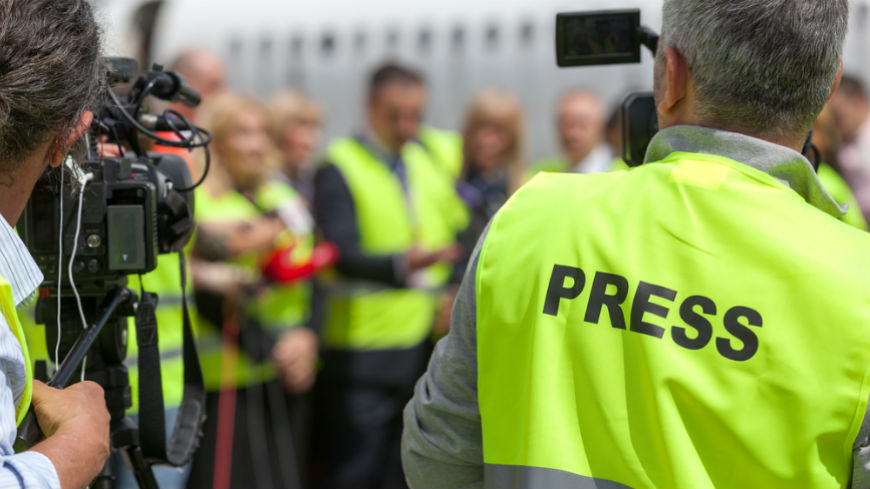On 18 September 2016, the Council of Europe (CoE) in partnership with the Georgian National Communications Commission and the Georgian Association of Regional Broadcasters will hold the training for the representatives of the regional media outlets operating in minority populated areas about the binding and ethical principles regulating the duties and responsibilities of the communications commission and the media outlets during pre-election campaign.
The CoE expert will present the election manual prepared in line with the international best standards and the provisions set in Election Code and the Law on Broadcasting. The guideline covers specific topics related to the media coverage regulations ahead of the elections. Furthermore, during the training special attention will be paid to the provisions regulating the requirements of the programme airtime, allocation of paid and free political advertising as well as disclosing the funding’s of the regional media outlets.
The event is organised within the framework of the joint CoE/EU project “Promoting freedom, professionalism and pluralism of the media”. The project was launched in January 2015 and aims to improve freedom, independence, pluralism and diversity of media, to review media legislation and regulation to bring these in line with European standards, including ethical standards for media professionalism as well as to support the implementation of legal frameworks, including remedial actions and to promote the safety of journalists.

